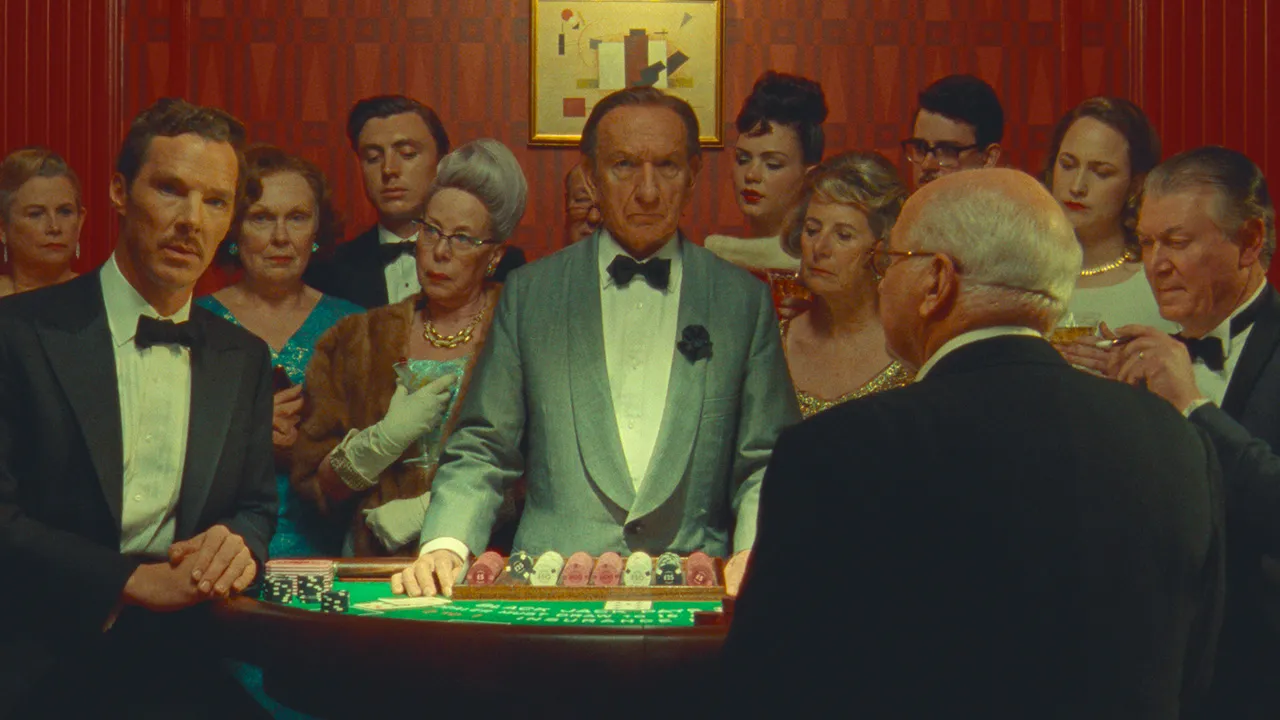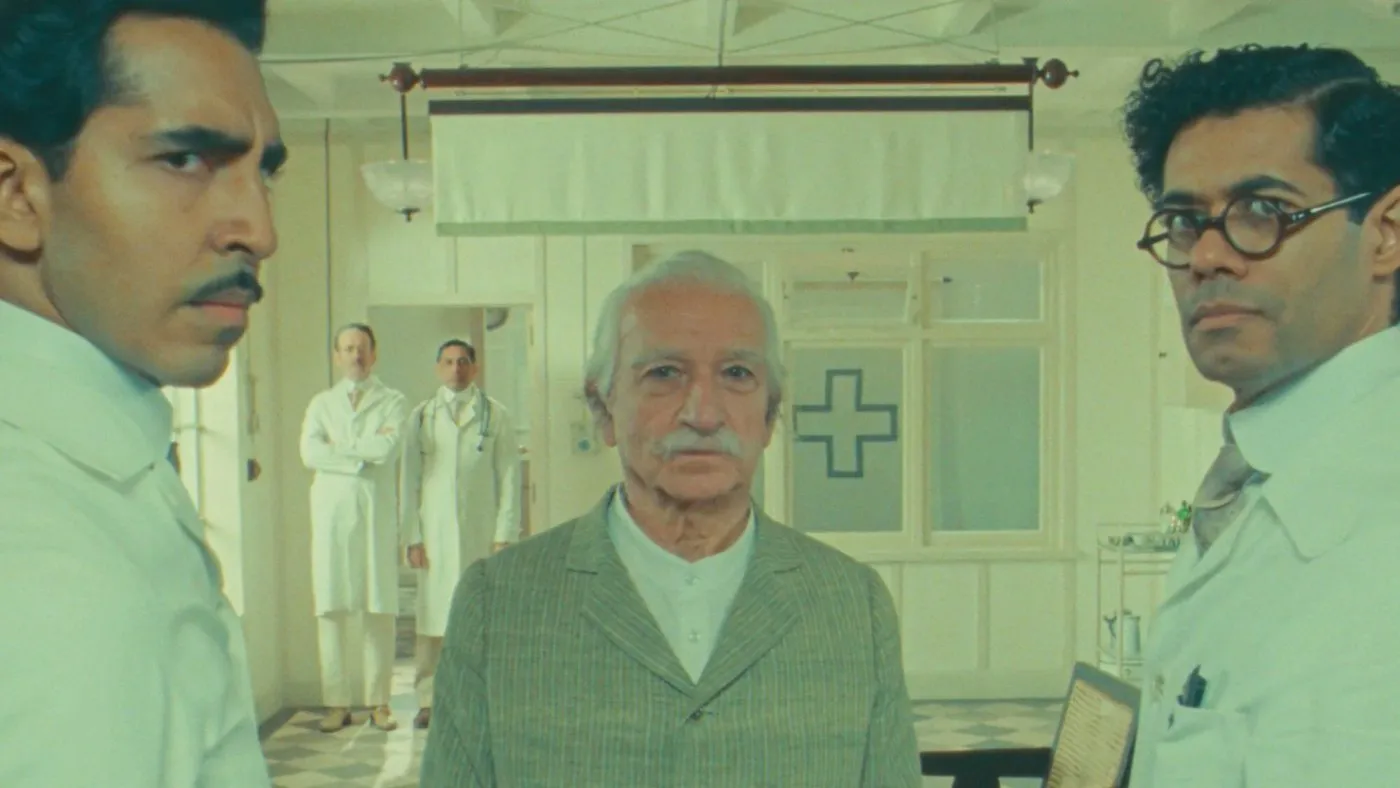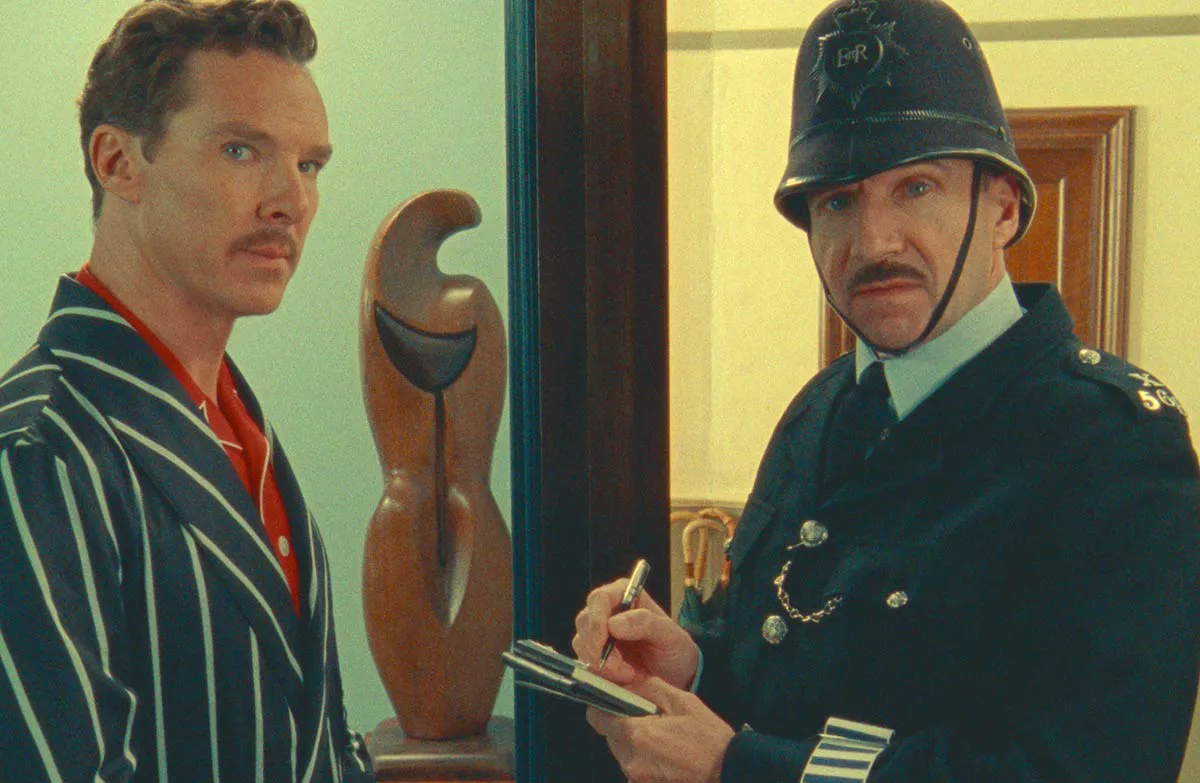The Wonderful Story of Henry Sugar: A Wes Anderson Tale
TikTok trends, AI generation on an industrial scale, stylized snapshots, and postcards: Wes Anderson has become one of the most replicated directors in media today. Adoration, imitation, and irritation go hand in hand — the more people are captivated by his doll-like style, the more are turned off by his formalism. “Asteroid City,” shown at this year’s Cannes Film Festival, garnered positive reviews and was even hailed as Anderson’s strongest film, but received a lukewarm reception from audiences — we’ve seen the longing in pastel shades more than once.
“The Wonderful Story of Henry Sugar” once again offers familiar frame patterns and even dramaturgical designs. If you’ve developed an allergy to Anderson, feel free to skip it. However, if you still have some trust to spare, this short film is an excellent remedy for autumn blues. Tales by the storyteller Roald Dahl, aimed at a more adult audience, come to life in this cinematic collection. The first short film of the expected four was shown in Venice. Within the film, which is just under 40 minutes long, are chapters nested like matryoshka dolls, a technique the director loves (as seen in “The Grand Budapest Hotel” and “Asteroid City”). Viewers will meet Mr. Henry Sugar (Benedict Cumberbatch), a British gentleman of blue blood, and Imdad Khan (Ben Kingsley), an Indian fakir who possesses secret knowledge and can see with a blindfold.

Benedict Cumberbatch as Henry Sugar in a still from “The Wonderful Story of Henry Sugar”
Anderson’s Theatrical Staging
Literary, or rather journalistic, style became a hallmark of Wes Anderson’s screenwriting in “The French Dispatch,” where elegant flourishes frequently scattered across the screen. In “Henry Sugar,” the director opts for a theatrical staging, creating the impression that viewers are flipping through a book with exquisite illustrations or are in a home theater. Lines are delivered in both first and third person, with remarks like “I said,” actors look directly into the eyes of those on the other side of the screen, the backdrops of the sets peek through the formal mise-en-scène, miracles turn into tricks, and the author’s voice welcomes the guests of the production and connects several small adventures into one big journey. Ralph Fiennes plays Roald Dahl himself and will likely be the master of ceremonies for all the short stories.

Dev Patel in a still from “The Wonderful Story of Henry Sugar”
The Art of Storytelling
The composition of overheard stories (they say that everything that happened to Henry Sugar is absolutely true, it just needed to be written down!) is a methodical and scrupulous ritual that requires a dozen sharpened pencils, chocolate candies, and silence. The careless seams of transitions between locations can be seen as another stylistic device, or as an invitation behind the scenes: where there is a fairy tale (even the truest one), there is also someone who composed it.

Ralph Fiennes as a Gendarme in a still from “The Wonderful Story of Henry Sugar”
A Touching Tale
For those who haven’t read Dahl’s stories before bed, I don’t want to spoil the impression with any details of the modest plot. The text, almost in its original form, gives what you want to see in Anderson’s short film: an incredibly touching story with magic, humor, perseverance, and kindness. New recruits in Wes Anderson’s school of wonders are Benedict Cumberbatch and Dev Patel, who seemed to be waiting for the moment to be in the director’s frame. Anderson himself returned not only to his native land of symmetry, muted colors, and handmade details, but also to India – a country that became a mysterious and magical dream come true since “The Darjeeling Limited.”
“The Wonderful Story of Henry Sugar” is a small fairy tale for adults, which gently and unobtrusively reminds us that good deeds do not happen by themselves.